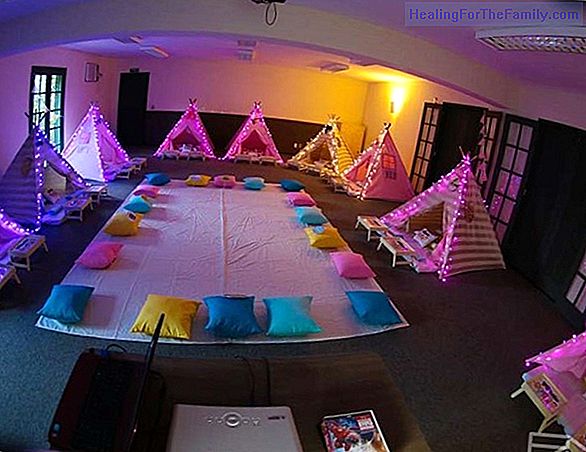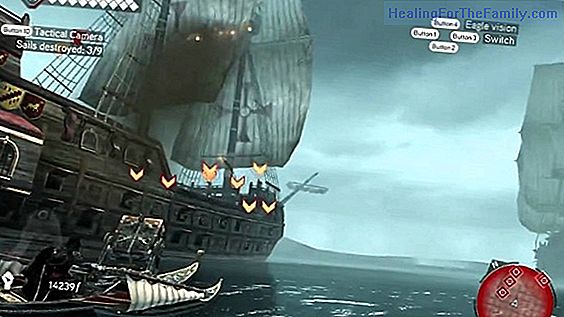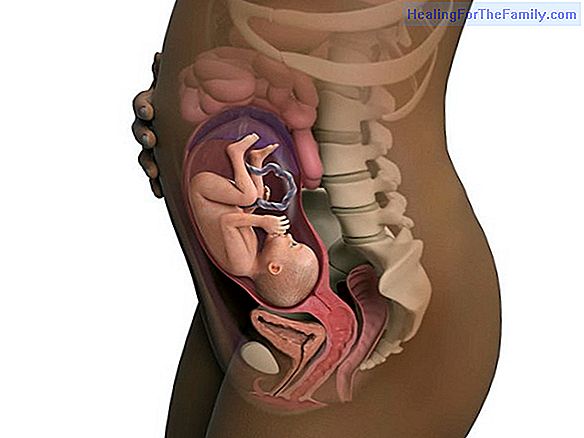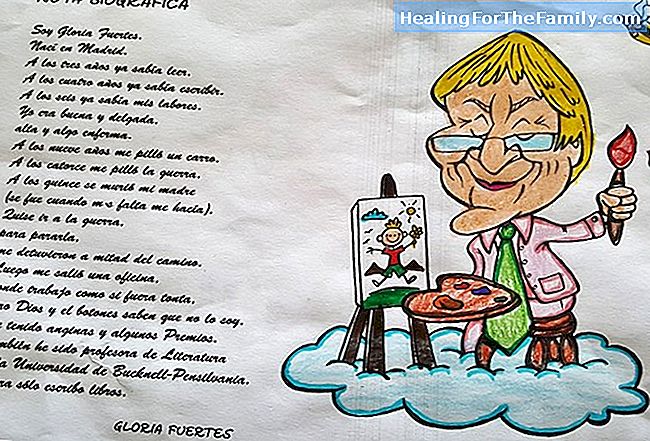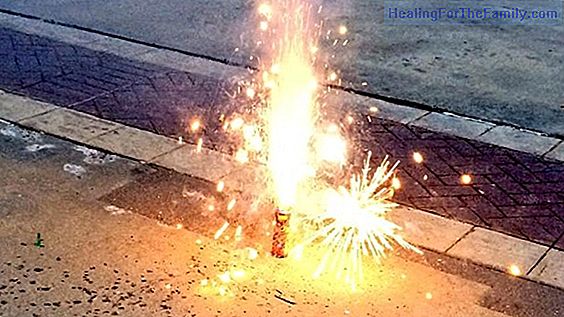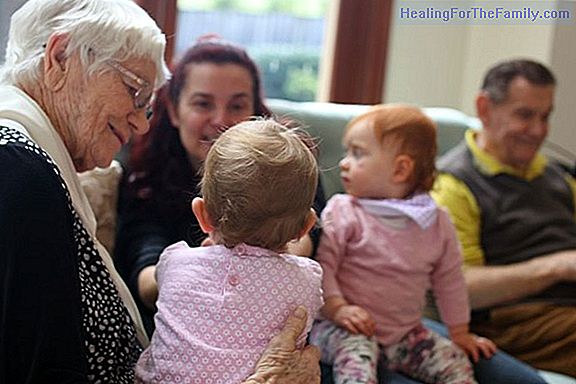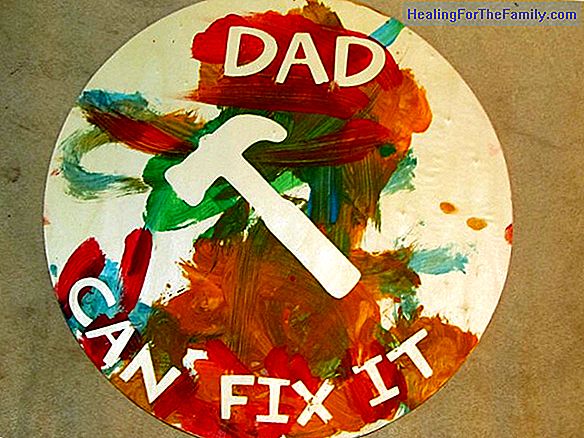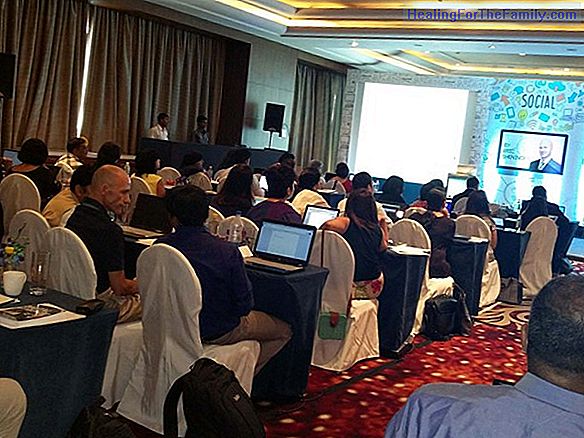How should parents react to a child fight
Do you have a child who is shy and has a hard time saying no to classmates or friends in the park? Do you let yourself be carried away by the current for fear that other children will be against you? If this is the case, it may be because your child is shy or has a hard time taking the initiative ei
Do you have a child who is shy and has a hard time saying no to classmates or friends in the park? Do you let yourself be carried away by the current for fear that other children will be against you?
If this is the case, it may be because your child is shy or has a hard time taking the initiative either because at home they have always been imposed very strict rules without ever having the opportunity to give their opinion, or because He has learned a model of submission in interpersonal relationships.
The reasons for this may be many others, but the important thing is that there will always be time to teach the children how to react adequately if they have to face some type of aggression.I tell you how parents should react to a child fight.
How parents should react to a child fight
It is essential to educate children so that they are able to make decisions for themselves, to say no, and to know what they want and what is not accepted. For this you must help, on a daily basis, to have your child decide for himself and be able to see that his decisions are taken into account, even if they are
trivial things
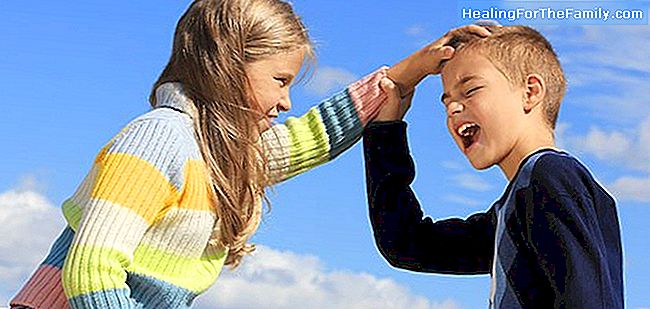
like for example if he prefers water or juice. But in addition, there are many parents who feel discomfort when they are in the park and do not know how to react if they hit their child
or if they verbally attack him. Should we intervene? Is it better to ignore it so that it learns to defend itself? How parents should act if they hit their child If you ever see your child in the park that they are attacking you
you should act as a model and example and always intervene immediately
to offer security (never leave him helpless or with a feeling of helplessness, as this strongly attacks the self-esteem of the little ones, feeling that they are alone) and not letting the children themselves solve their problems, because they are children and need adult guidance to be able to learn skills through a model and grow. If you do not intervene in a situation of aggression, whether in children or in an adult situation, it is as if you are allowing and supporting violence, something totally inadmissible. The adult should approach the place of conflict and guide the process
without getting angry or hurting the child aggressor, simply giving
dialogue strategies and withdrawing from the conflict to the child. For example, removing your child from the place saying 'Tell this child that you do not like to be beaten because you do not have to hit' and leaving the place. Then you must offer protection and comfort to your son. This is not teaching you to hit but something much more important, and is that no one should endure that they attack us of any kind, neither verbally nor physically and have peaceful strategies to not respond violence with more violence. María José Roldán Special Education Teacher (Therapeutic Pedagogy)

Psychopedagogist


